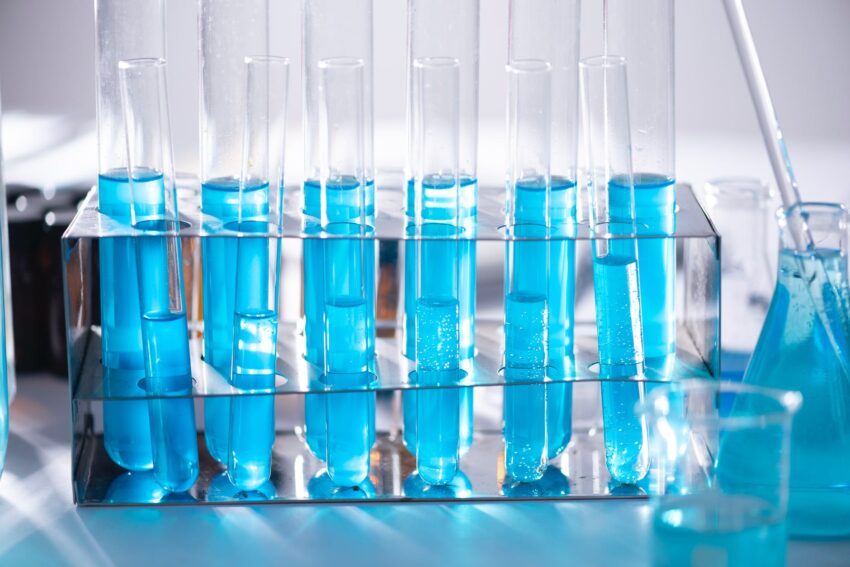For many years, the use of psychedelic substances such as LSD, psilocybin, and MDMA for psychiatric treatment was frowned upon due to their status as Schedule I drugs. However, the growing interest in the potential of these substances to treat a variety of mental illnesses has brought about a resurgence in research and studies to advance psychedelic medicine.
Recent medical advancements have paved the way for the use of psychedelic drugs in treating severe psychiatric conditions, and the results seem promising enough for the psychiatric community to take notice. These drugs are now being tested for use and assistance in therapies such as psychedelic-assisted therapy.
The FDA has played a crucial role in this development by granting “breakthrough therapy” status to several ongoing clinical trials involving psilocybin and MDMA for use in psychiatric treatment. This has not only allowed researchers to fast-track the study of these substances but also made it possible for these therapies to come to market more quickly.
The growing body of research is exploring the use of psychedelics in treating various mental illnesses, including depression, anxiety, post-traumatic stress disorder (PTSD), and even addiction. Through the use of psychedelics, researchers are hoping to improve the outlook of millions of people suffering from mental illness by providing alternative treatments.
A significant aspect of psychedelic research revolves around understanding the mechanisms of action of these drugs. It is believed that psychedelics may help alleviate symptoms of mental illness by facilitating changes in neural pathways, prompting the brain to rewire itself or release trauma. These drugs can open up new modes of thinking and healing for patients, allowing them to process emotions and thoughts that may have been buried or inaccessible through other forms of therapy.
Advanced brain imaging technologies have allowed researchers to see the impact of psychedelics on the brain in real-time. This has shed light on how the mind is affected by these substances and allowed clinicians to better understand the potential benefits of psychedelic-assisted therapy.
Psilocybin, the active ingredient found in “magic mushrooms,” has shown promise in treating severe depression. Researchers have found that even a single dose of the drug can produce lasting improvements in mood and outlook for patients who have not responded well to traditional antidepressants. In 2021, the FDA granted “breakthrough therapy” designation to a psilocybin-based drug developed by a UK-based company, allowing for expedited research and development.
MDMA, commonly known as ecstasy, has shown similar promise in the treatment of PTSD. In some clinical trials, the drug has enabled patients to make significant progress in therapy by helping them confront and process their traumatic memories. If the ongoing trials continue to produce positive results, it is likely that MDMA-assisted psychotherapy will become an approved treatment option for PTSD within the next few years.
Despite the promising developments in psychedelic research, there are still numerous hurdles to overcome before these drugs can become widely available for mainstream psychiatric treatment. Among these challenges are concerns about the potential for abuse and misuse, since many of these drugs have a history of recreational use and carry significant stigma.
However, the field of psychedelic research is making it increasingly clear that these substances have the potential to revolutionize the way mental health disorders are treated. As clinical trials continue to yield positive results, and the FDA continues to show support for these efforts, it seems likely that psychedelic medicine will continue to gain momentum and push the boundaries of conventional psychiatric treatment.
In conclusion, the future of psychedelic research and its potential for medicine looks promising as researchers work to unlock the mysteries of these drugs and their effects on the brain. As the stigma around psychedelics lessens and the research community continues to accumulate evidence supporting their safety and effectiveness in treating mental illness, these powerful substances may eventually become an essential part of modern psychiatric treatment, offering new hope to millions of people worldwide.
